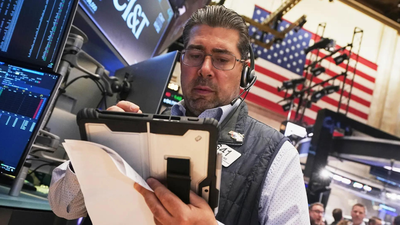First time mutual fund investors: Sebi proposes changes in KYC process, MF fee structure

The Securities and Exchange Board of India (SEBI) has proposed changes in the Know Your Client (KYC) verification process for new mutual fund investors. The market regulator wants to eliminate the hurdles that cause delays in fund access due to compliance discrepancies.According to the draft guidelines, new investors will be allowed to make their first investment in a mutual fund folio only after receiving explicit approval from the KYC Registration Agency (KRA), confirming that their KYC status is verified and active.Asset management companies (AMCs) will have to upgrade their internal systems and workflows to keep investors informed at every stage of the KYC process through email and mobile alerts. Fund houses can create new folios only after completing full KYC verification of investors. The verified documents must then be submitted to the KRA for final validation.Experts believe the proposed framework will eliminate operational inefficiencies and confusion that often occur when investor information is either unverified or inconsistently recorded across intermediaries. “Any mismatch in the information often leads to a folio being marked as KYC non-compliant, causing transaction blocks, delayed redemptions, and unclaimed dividends,” says Raj Khosla, managing director of MyMoneyMantra.Sebi has also proposed changes in the mutual fund fee structure as part of its effort to bring greater transparency and reduce costs for unit holders. The additional 5 basis points (bps) that fund houses were earlier allowed to charge across schemes will be removed. The regulator said this charge was “transitory in nature” and was originally meant to cover distribution expenses when the exit load system was changed in 2012.To cushion fund houses from the impact of this removal, Sebi has proposed to revise upward the first two slabs of expense ratios by 5 bps in the new structure. Sebi also wants to exclude statutory levies such as securities transaction tax (STT), GST, commodity transaction tax (CTT) and stamp duty from the overall expense ratio cap.This means any future changes in such government taxes will be passed directly to investors, instead of being absorbed within the existing expense ratio limit.Further, the consultation paper proposes tighter limits on brokerage and transaction charges that can be passed on to investors. Currently, mutual funds can charge up to 12 bps for cash transactions and 5 bps for derivatives trades.Sebi, in the paper, proposed to cut these to 2 bps and 1 bps, respectively, citing concerns that investors were effectively paying twice for research, once through management fees and again as part of brokerage costs.






